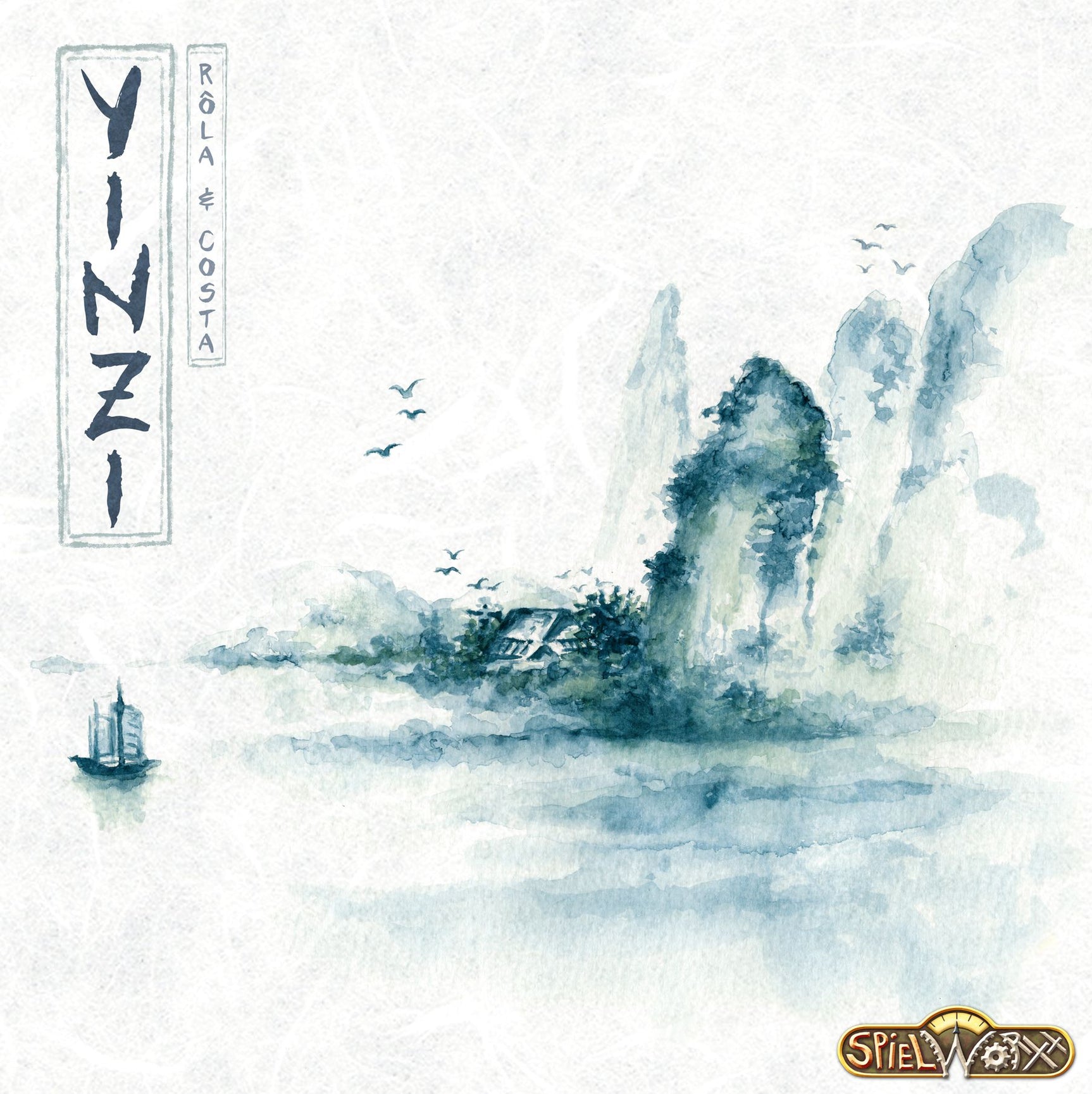Yínzi: The Shining Ming Dynasty
Products title that includes 'PRE-ORDER' is subject to our Pre-order Policy
Couldn't load pickup availability
Delivery and Shipping
Delivery and Shipping
For more details, please refer to our Shipping and Order Information.
Pre-Order Policy
- Pre-order items are charged at the time the order is placed.
- Prices for pre-order items are subject to change based on final landed costs.
- If the final price is lower, the difference will be refunded to the customer in the form of store credit.
- If the final price is higher, customers will be given the option to either:
- Pay the difference, or
- Cancel the item for a full refund.
- Orders containing pre-order items will be placed on hold until all items in the order are available.
- Once all items have arrived and pricing remains unchanged, the order will be automatically shipped.
- Pre-orders are fulfilled on a first-come, first-served basis.
- If a pre-ordered item becomes unavailable (e.g., the publisher cancels the product), a full refund will be issued.
- Pre-orders may be cancelled and refunded by customers or the store.
- For transactions that are no longer eligible for direct refunds due to payment processor limitations, a store credit will be issued instead.
Description
Description
| Designer |
Costa Rôla |
| Publisher | Spielworxx |
| Players | 2-4 |
| Playtime | 100-180 mins |
| Suggested Age | 12 and up |
| Additional Info | BoardGameGeek (Images, Videos, Reviews) |
China experienced the greatest economic expansion in its history during the Ming dynasty (1368–1644). The silver trade between the Americas and Europe and onward to China had a profound effect on the world economy – it may be considered the beginning of a global economy.
In China, social mobility led to the growing of cities, especially in the lower Yangtze area, which was at that time responsible for the main production of wheat for the whole country. In addition to wheat and rice, other crops like tea, fruits, and sugarcane were grown on a large scale. Immigrating peasants changed their profession to become merchants and artisans. Many people from the countryside were employed in private or state run factories, producing commodities like paper, porcelain, refined sugar, or silk textiles.
Trade and commerce thrived in this liberalized economy and was aided by the construction of canals, roads, and bridges by the Ming government. Ming China saw the rise of several merchant clans, who owned large amounts of wealth.
In Yínzi: The Shining Ming Dynasty — "yínzi" meaning "silver" — the players represent merchant clans developing parts of China in the late Ming period in the early 17th century along the last 200 km of the Yangtze river before it reaches the China Sea.
The players plant crops, sell goods to the rural or urban markets, develop raw materials, build and upgrade factories, and sell their goods to ships already waiting in the port. In order to reach the port, the players need to improve their river transport capabilities along the Yangtze.



